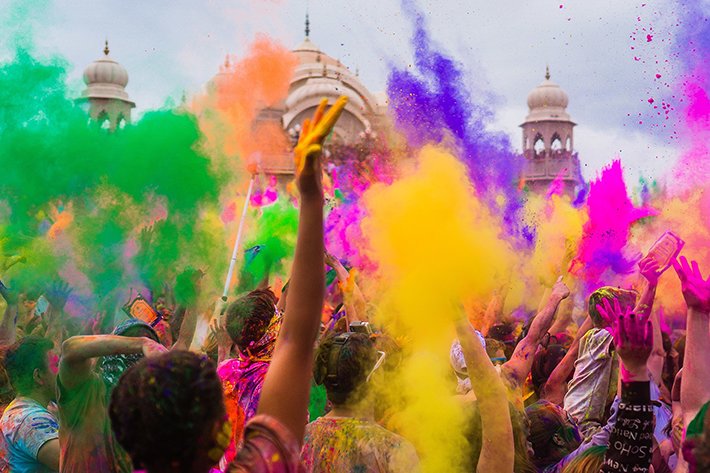In an article on Religion News Service, Catherine Orsborn shares a unique campaign called United States of Love Over Hate: A Ramadan Supper Series. Orsborn is director of the Shoulder to Shoulder Campaign, a coalition of 55 religious denominations and faith-based organizations that works against religious bigotry and discrimination.

She was inspired to do this by her experience more than a decade ago when she was in Cairo for the Muslim holy month of Ramadan.
“I was studying abroad there and my new friend Nesma invited me to join her family in their apartment to break the fast,” she writes. “I showed up a bit before sundown, watched a little TV with them, and then we drank milk and ate dates to break the fast. Over dinner, I learned more about what this holy month means to this Muslim family and to others observing Ramadan, this year through mid-June.”
Her campaign creates a similar experience for people across America—an opportunity for them to meet and gain an appreciation for their Muslim neighbors. Pew Research Center estimates some 3.3 million Muslims live in the U.S., which is 1 percent of the population.
“Our campaign has compiled a nationwide listing of iftars [ the meal eaten after sunset by Muslims to break their daily fast during Ramadan] that are open to Americans of all religious backgrounds,” writes Orsborn. “Anyone may request a seat at the table. If there’s not one near you, contact a local mosque to ask if you might attend one evening before Ramadan ends.”
Orsborn was raised an evangelical Christian and understands the difficulty some Americans may have understanding a religion with so many traditions different from their own.
“…they gained new appreciation for the many voices and perspectives within the Muslim community.”
“I invited some of my evangelical friends to an iftar a couple of years ago. They had never been to one and had no Muslim relationships. They were unsure of what to wear, how to act, or even how to define ‘iftar.’ But they showed up.
“By doing so, my evangelical friends engaged in conversation with a random selection of people seated at their table. They left saying how eye-opening the experience had been… They said they gained new appreciation for the many voices and perspectives within the Muslim community.”
From its beginnings, the Church of Scientology has recognized that freedom of religion is a fundamental human right. In a world where conflicts are often traceable to intolerance of others’ religious beliefs and practices, the Church has, for more than 50 years, made the preservation of religious liberty an overriding concern.
The Church publishes this blog to help create a better understanding of the freedom of religion and belief and provide news on religious freedom and issues affecting this freedom around the world.
For more information visit the Scientology website or Scientology TV Channel.


